0.005mm Copper Nickel Alloy 30 CuNi2 Resistance Wire
0.005mm Copper Nickel Alloy 30 CuNi2 Resistance Wire
Chemical Content: CuNi2 is a copper nickel alloy with a chemical content of %.
Product Name: CuNi2/CuNi6/CuNi8/CuNi10/CuNi14/CuNi19/CuNi23/CuNi34/CuNi40/CuNi44/CuNi45/Electric Copper Nickel Alloy Price Cu-CuNi Thermocouple Constantan Resistance Wire
Keywords: CuNi44 Wire/Copper Nickel Wire/Constantan wire/ konstantan Wire/Constantan Wire Price/30 Alloy Resistance Wire/Cuprothal 5 Alloy Wire/T type thermocouple wire/copper Wire/Alloy 230/electric wire/Cu-Ni 2 heating wire/copper nickel alloy wire/heating resistance wire/heating element/electric heating wire/nichrome resistance wire/nickel wire/nickel alloy wire/Cuprothal 5
Attributes: [Type: Copper Wire],[Application: Air Condition or Refrigerator, Water Tube, Water Heater],[Material: Other]
| Ni | Mn | Fe | Si | Cu | Other | ROHS Directive | |||
| Cd | Pb | Hg | Cr | ||||||
| 2 | - | - | - | Bal | - | ND | ND | ND | ND |
Mechanical Properties
| Max Continuous Service Temp | 200ºC |
| Resisivity at 20ºC | 0.05±10%ohm mm2/m |
| Density | 8.9 g/cm3 |
| Thermal Conductivity | <120 |
| Melting Point | 1090ºC |
| Tensile Strength,N/mm2 Annealed,Soft | 140~310 Mpa |
| Tensile Strength,N/mm2 Cold Rolled | 280~620 Mpa |
| Elongation(anneal) | 25%(min) |
| Elongation(cold rolled) | 2%(min) |
| EMF vs Cu, μV/ºC (0~100ºC) | -12 |
| Micrographic Structure | austenite |
| Magnetic Property | Non |
Copper nickel alloy
| Main property | Cuni1 | CuNI2 | CuNI6 | CuNI10 | CuNi19 | CuNi23 | CuNi30 | CuNi34 | CuNI44 | |
| Main chemical composition |
Ni | 1 | 2 | 6 | 10 | 19 | 23 | 30 | 34 | 44 |
| MN | / | / | / | / | 0.5 | 0.5 | 1.0 | 1.0 | 1.0 | |
| CU | rest | rest | rest | rest | rest | rest | rest | rest | rest | |
| max working Temperature °c | / | 200 | 220 | 250 | 300 | 300 | 350 | 350 | 400 | |
| Density g/cm3 | 8.9 | 8.9 | 8.9 | 8.9 | 8.9 | 8.9 | 8.9 | 8.9 | 8.9 | |
| Resistivity at 20 °c | 0.03 ± 10% |
0.05 ±10% |
0.1 ±10% |
0.15 ±10% |
0.25 ±5% |
0.3 ±5% |
0.35 ±5% |
0.40 ±5% |
0.49 ±5% |
|
| Temperature coefficient of Resistance | <100 | <120 | <60 | <50 | <25 | <16 | <10 | -0 | <-6 | |
| Tensile strength Mpa | >210 | >220 | >250 | >290 | >340 | >350 | >400 | >400 | >420 | |
| elongation | >25 | >25 | >25 | >25 | >25 | >25 | >25 | >25 | >25 | |
| Melting point °c | 1085 | 1090 | 1095 | 1100 | 1135 | 1150 | 1170 | 1180 | 1280 | |
| coefficient of conductivity | 145 | 130 | 92 | 59 | 38 | 33 | 27 | 25 | 23 | |
Thermocouple Extension & Compensation Wire
Our thermocouple extension and compensation wire is designed to meet the specific needs of various temperature measurement applications. We offer a range of types and grades, each with its own unique combination of metal alloys that define its characteristics.
Type K
Type K is the most commonly used thermocouple for measuring high temperatures. It offers a wide operating temperature range from -200°C to +1260°C and has excellent resistance to oxidation, making it ideal for use in oxidizing or inert atmospheres. However, it should be protected from sulfurous and marginally oxidizing atmospheres. Type K thermocouple wire is reliable and accurate at high temperatures.
Type N
Type N thermocouple wire has been developed to provide longer life, extended exposure to high temperatures, and improved reliability of EMF drift and short-term EMF changes.
Type E
Type E thermocouple wire offers the highest EMF output per degree among all the referenced thermocouples.
Type J
Type J thermocouple wire is frequently chosen for its low cost and high EMF. It can be used in oxidizing conditions up to 760°C. For higher temperatures, it is recommended to use larger wire diameters. Type J thermocouple wire is suitable for oxidizing, reducing inert atmospheres, or vacuum.
Type T
Type T thermocouple wire is suitable for use in oxidizing, reducing inert atmospheres, or vacuum.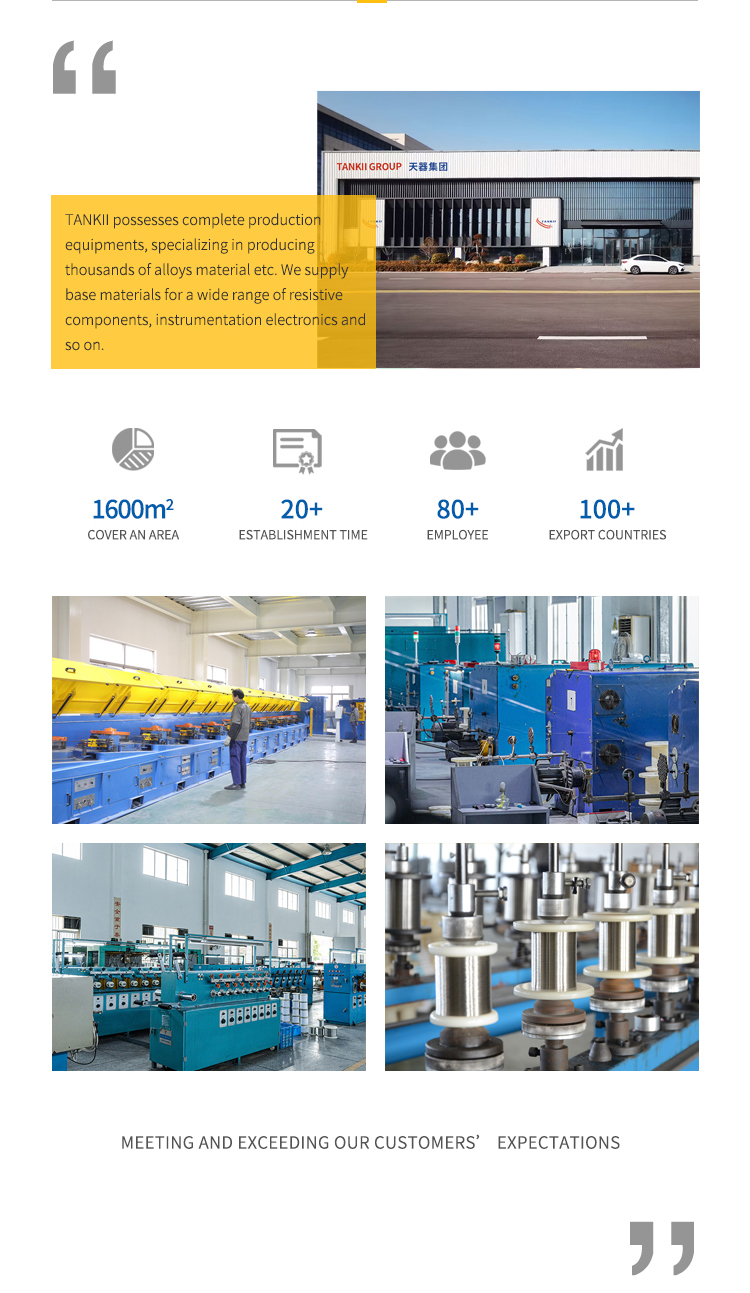
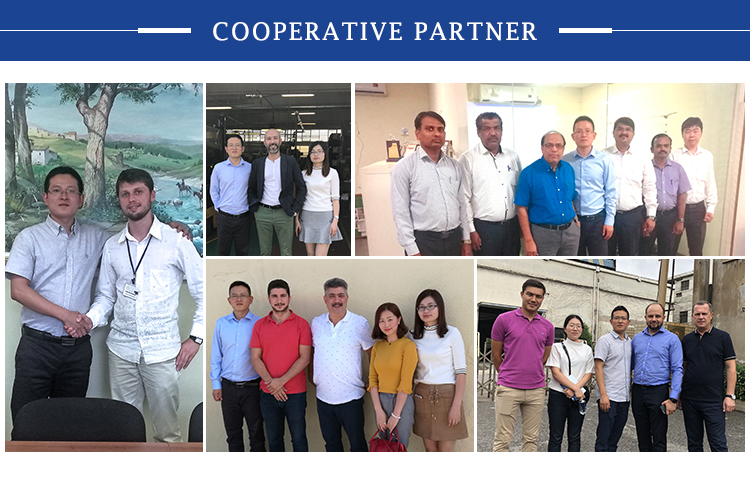
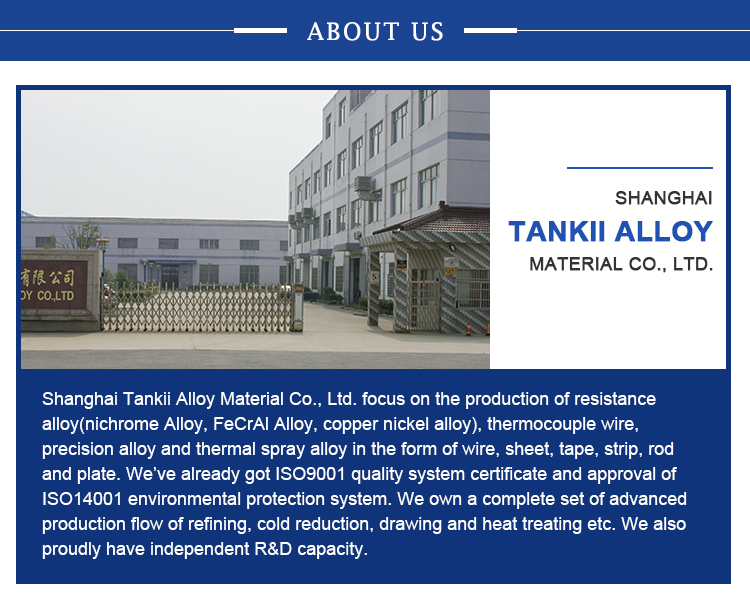
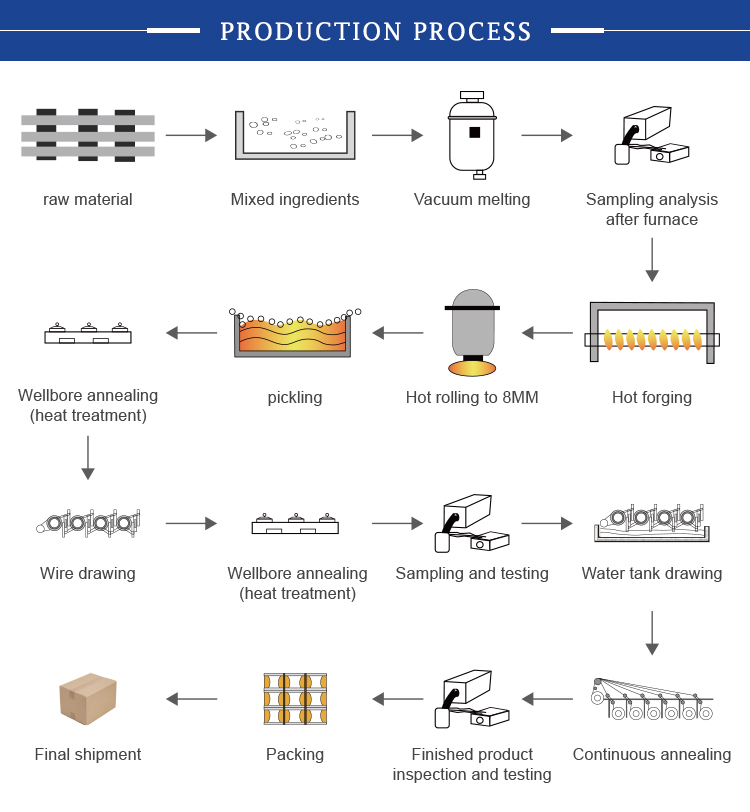
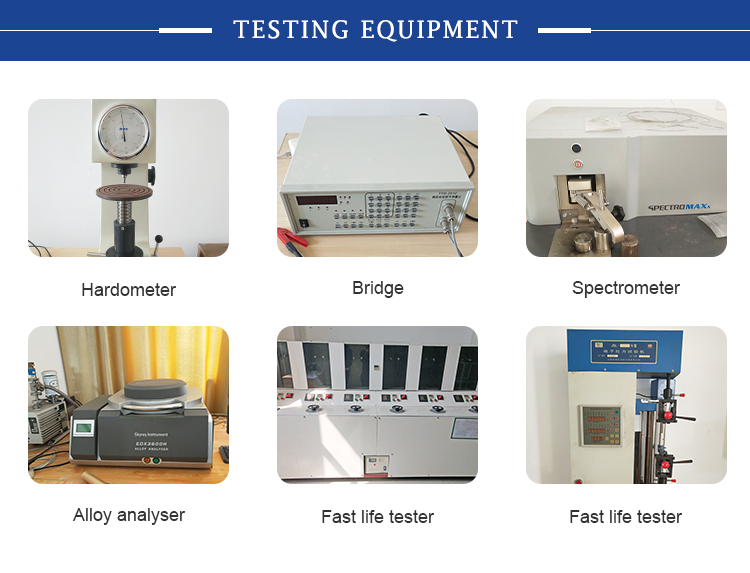
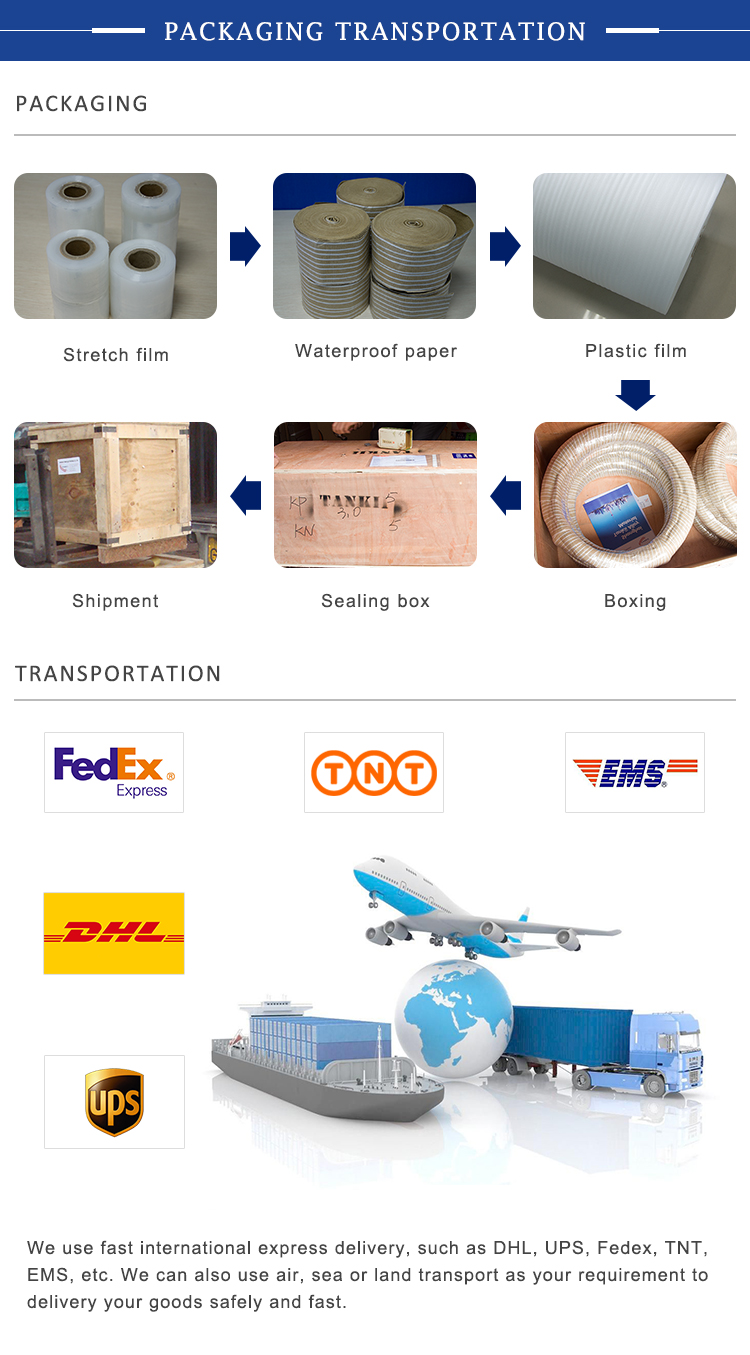
Products categories
-

Phone
-

E-mail
-

Whatsapp
-

WeChat
Judy
150 0000 2421
-

Top











